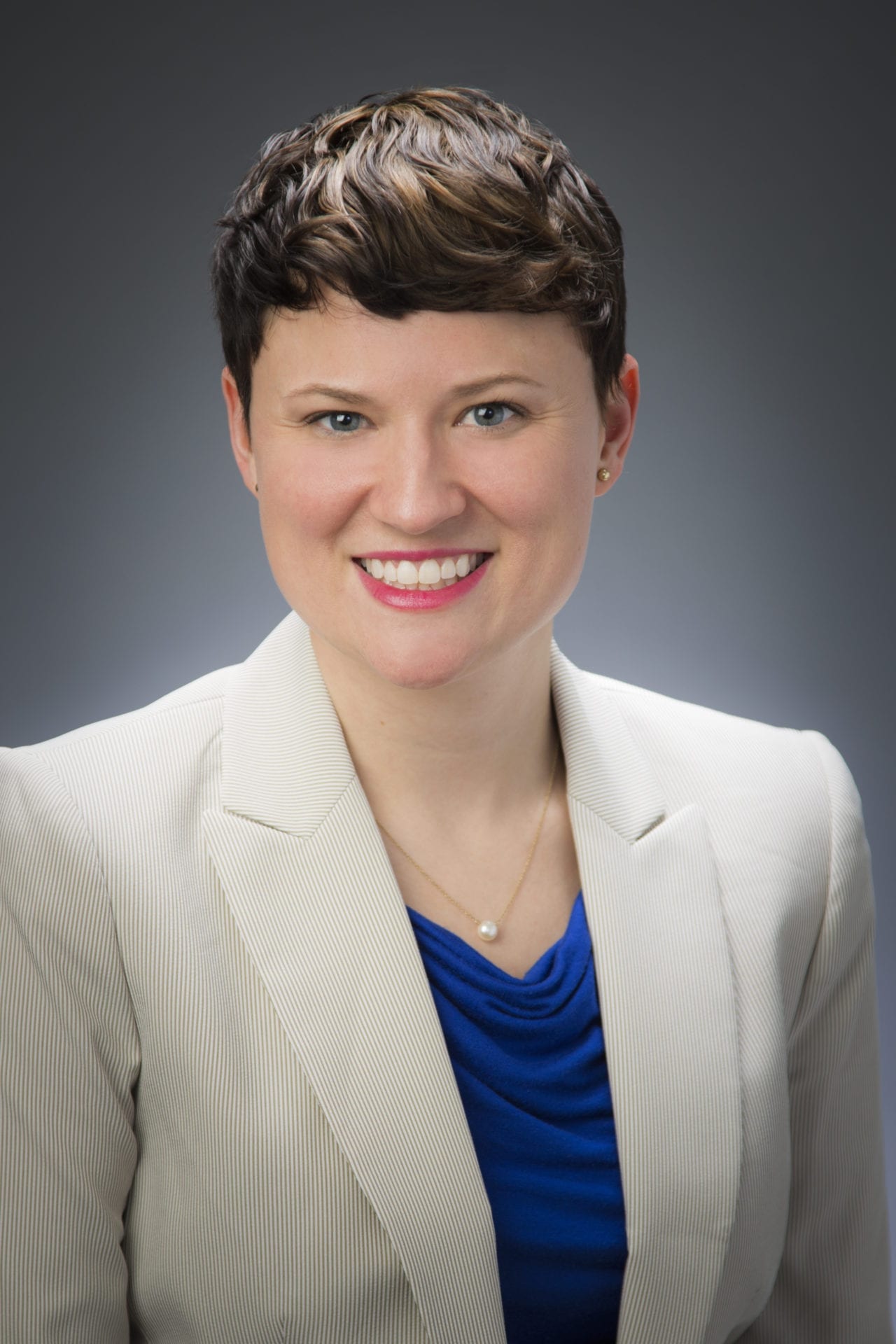Voices: From Pathology to Positivity | Monica Hagan Vetter, MD
From Pathology to Positivity | Monica Hagan Vetter, MD
“The aim of Positive Psychology is to catalyze a change in psychology from a preoccupation only with repairing the worst things in life to also building the best qualities in life.”
–Martin Seligman, PhD, founder of the field of Positive Psychology

Monica Hagan Vetter, MD
As physicians, we are in the business of “fixing things.” We are trained to seek out and identify those things that are abnormal with a laser focus. The problem with fixing things is that it only gets us back to our baseline. We become “not sick” or “not pathologic.” What would it look like if we spent time cultivating habits that allow us to flourish and actually become well? How can we achieve the holy grail of living the “good life?” What characteristics could we nurture to help us reach our full potential?
As we all know by now, burnout is associated with many negative effects for physicians, including personal and professional consequences. We are a population of intelligent, highly motivated problem-solving individuals. Yet, we have not figured out a way to combat burnout in our field.
Perhaps the problem is our perspective. What if we became proactive in our approach to physician well-being? What if we looked at how we could develop our own strengths and capacities to increase our resiliency and happiness?
Positive psychology looks at what makes life worth living. Positive psychologists look at a person’s strengths and emotions to allow them to develop what is best within themselves. They have also looked at institutions as a whole to identify systems that nurture the well-being of their members.
Research topics stemming from the study of positive psychology are broad and include emotions, personality, gender, genetics and education. What I find most interesting and hopeful about the field of positive psychology is the number of interventions that have been developed to improve a person’s well-being. These interventions have been studied empirically using several positive psychology metrics and have been found to improve anything from middle school student achievement to resiliency amongst U.S. soldiers.
There are several resources for those of you interested in learning more about positive psychology. The University of Pennsylvania is home to the Positive Psychology Center. Their website includes information about different specializations in the field, including grit, resiliency and authentic happiness. You can take several assessments to see where you may be able to improve your own well-being. I have listed several books below that are great reads and some of the most commonly cited texts. I also recommend an online course through the University of Pennsylvania through Coursera.org that allows you to obtain a certificate of specialization in the field.
I know your schedule is busy and you may think you do not have the time to learn more about this field, so I leave you with a quick exercise that you can do on your own called “What Went Well?” Tonight, and every night for the next seven days, take time to write down three things that went well today and why they went well. While this seems like a simple, insignificant exercise, this activity has been studied in several randomized control trials. In these studies, they found that a majority of people was able to continue this exercise over a six-month period. At the end of those six months, participants who stuck with the exercise scored higher on life satisfaction and were markedly less depressed.
The subject of burnout is complex, and it is unlikely that there will ever be a “one-size fits all” solution to physician wellness. However, positive psychology does offer us a number of positive interventions that can be adapted on an individual level. I hope that some of you will join me in discovering ways that we physicians can live the good life by further exploring the field of positive psychology.
“The good life is a process, not a stage of being.”
–Carl Rogers
Related Resources:
- Flourish: A Visionary New Understanding of Happiness and Well-being, by Martin Seligman, PhD
- Finding Flow: The Psychology of Engagement With Everyday Life, by Mihaly Csikszentmihalyi, PhD
- GRIT: The Power of Passion and Perseverance, by Angela Duckworth
- University of Pennsylvania Positive Psychology Center
- Coursera.org
Monica Hagan Vetter, MD, is a graduating resident in gynecologic oncology at The Ohio State University in Columbus, OH.